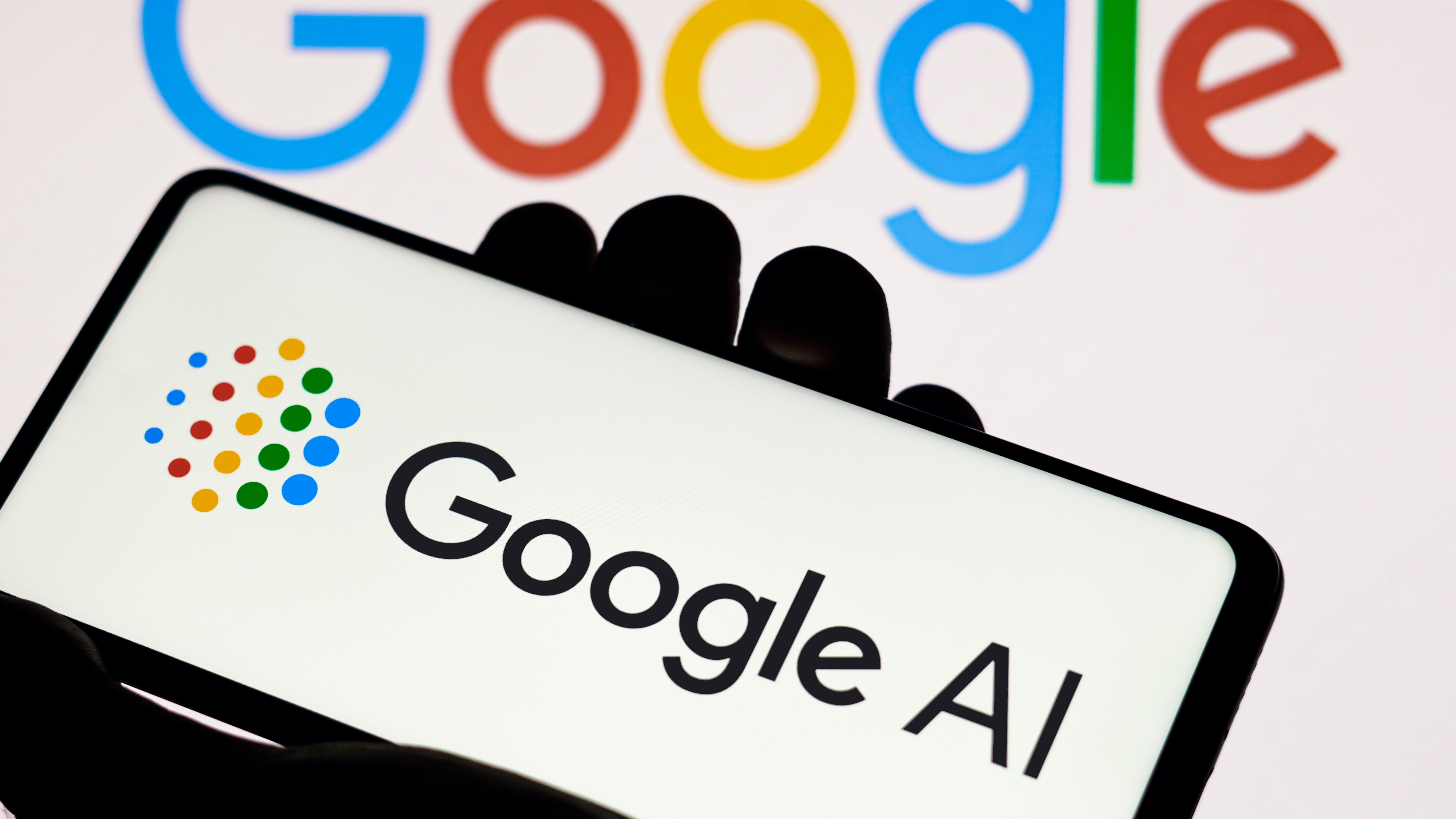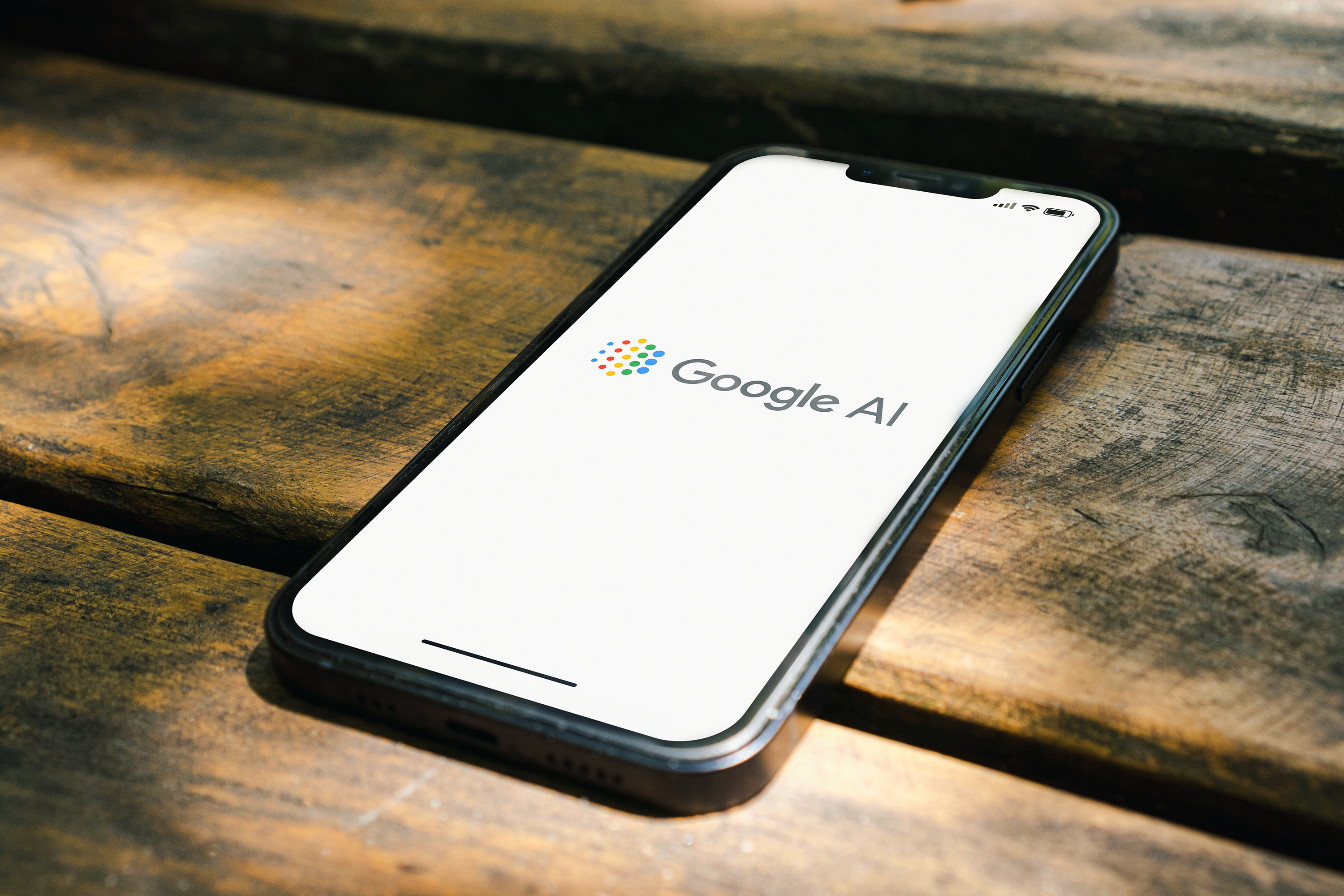Google's AI chatbot is banned where I live — here's why that's a good thing
Google Bard got barred

The current AI rush feels like a 100m dash. Companies and consumers are sprinting as fast as they can to edge ahead in this new and exciting race.
But this week Google postponed releasing its Bard AI chatbot in the European Union (EU). Again. So I can hear the pistol go bang, but I’m one of the EU’s 440 million citizens left stuck at the starting blocks.
Google’s decision came after the Irish Data Protection Commission raised concerns about whether it would sufficiently protect the privacy of EU citizens. Ireland gets to call the shots in this case since Google’s European headquarters is registered in its capital, Dublin.
The Irish regulator asked it to explain how Bard complies with the EU’s data protection rules and requested an impact assessment. Google’s immediate reaction was to make a U-turn on its decision to finally launch Bard in the EU this week. Meanwhile, the U.S., U.K., and 178 other countries have been able to use Bard since March.
I’m disappointed that, since then, Google has failed to provide enough relevant information to European regulators (or us users) to help make its case in time for Bard’s expected launch in our countries.
Given that the EU’s privacy rules (referred to over here mainly by their acronym GDPR) were implemented back in 2018, Google really should have known better by now.
If the world is aiming for AI that’s human-centric then I’m happy that my region’s regulators took a proactive approach. It's to ensure that my current rights aren’t stripped away simply because a company with deep pockets is worried that it’s not keeping up with its competitors.
If the world is aiming for AI that’s human-centric then I’m happy that my region’s regulators took a proactive approach.
I’m not trying to convince you that we Europeans live in a regulatory utopia. This sense of enthusiasm by the Irish Data Protection Commission is actually rather rare. It was practically forced to slap Meta with a record $1.3 billion fine for breaching the GDPR privacy rules in May. Don’t forget that Ireland is in no mood to lose its status as the host of the European HQs of Apple, Meta, Twitter and Google. Finally seeing it pull on the same rope as its European counterparts is refreshing.
Jumping back to Google, our relationship with the company hasn’t always been rosy either – the European Commission just filed charges against Google accusing the company of using its online advertising powers to undercut rivals – but we’ve seen tech leaders calling for a temporary suspension of advancing the same technology they helped create. Others have been openly asking for new laws to regulate AI.
Do they really mean what they say? Are they truly ready for their wishes to be granted if even big companies are still stumbling on laws from 5 years ago?
🔥Regulate us, but not reallyI've just left an in-person event with Sam Altman and Ilya Sutskever (OpenAI's CEO & Chief Scientist) at Tel Aviv University, and these were my impressions: pic.twitter.com/3I75uv1ovFJune 5, 2023
The global AI engine is still powered by America, but Europe’s hands are starting to get a feel for the wheel. It’s all healthy competition and I’m all for it. In the end, we’re partners and we both stand to gain by collaborating together.
There are also protections we’d love for America to steal and implement so that advancements are made on both sides of the Atlantic.
Don't train on my data
Users shouldn’t be obliged to take on the role of teachers for the AI tools they’re using. ChatGPT introduced data controls for users worldwide after a complaint from Italy. We can now ask it not to train on the data we provide it. Similar data controls for other AI tools would be great. Many American workers are using chatbots without telling their bosses. If they’re able to prevent the AI from training on their inputs, there’s less of a risk of compromising their clients’ privacy and security.
Data removal request

It took some Googling but I eventually found the form that I as a European can use to object to the processing of my personal information by ChatGPT’s models. I also have the right to access, correct, restrict, delete, or transfer my personal information that may be included in Open AI’s training information. The form asks me for my country of residence. I can see EU countries listed, the UK, and also Japan. But the US and so many others are missing from the list. Stopping a chatbot from spreading misinformation about you shouldn’t depend on where you happen to live.
While these features are ChatGPT-specific, given Ireland’s close watch on Bard I would be very surprised if Google launches in Europe without, at a minimum, these same protections.
Credit where credit is due: Google saw action being taken against ChatGPT and took a more cautious approach. Instead of acting in bad faith and rushing Bard through, it opted for dialogue.
Americans may indirectly benefit once AI companies start to realise it's not worthwhile for them to create two parallel systems, one with nice protections for Europeans and one for everyone else. A trailblazing EU with far reaching privacy rules pulls the rest of the world forwards along with it.
Preview your future
Existing data protection rules aside, AI developments in the EU’s parliament (whose members are directly elected by our member states) offer US companies a preview of what their potential future could look like.
On Wednesday, the European Parliament voted to adopt its position on the world’s first AI Act. It will be many months until they can be enforced, but our new rules already talk about things like strictly monitoring AI law enforcement and AI border control.
I understand that these are both sensitive topics in the U.S., so preparing ahead for their inevitable debate may help. Even if you’re not directly affected by these issues, do you want to forfeit having a say and let a robot decide for you?
American lawmakers will most certainly be building on the European Parliament’s position when it will be their turn to set some rules.
This is a great opportunity, especially for AI models that are yet to be built, to factor in the kind of things that legislators are keen on regulating. Google is about to experience what it means to have to shape-shift a chatbot after it's been built to comply with legislation. Obviously, I hope the Bard team succeeds but I’d love to be a fly on the wall during this process to observe what challenges arise and how they’re dealt with.
No compromises
Making history by shaping our future. This is what today's groundbreaking vote on the world’s first ever #AI legislation is all about.It is about Europe taking the lead in digital innovation. pic.twitter.com/jICNwcX9hyJune 14, 2023
Shortly after the EU vote, the parliament’s President Roberta Metsola emphasised that while the institution she leads is willing to adapt to the constant advances in AI, there are two things there won’t be any compromises on – European fundamental rights and democratic values.
Luckily there are other bots I can use while waiting for Bard. When it finally arrives, I’m confident that human regulators and the humans we voted for aren’t going to let themselves be pushed around. If your representatives in the U.S. are as good as they say they are, I’m expecting your rights to be considered before those of a tool too.
More from Tom's Guide
Sign up to get the BEST of Tom's Guide direct to your inbox.
Get instant access to breaking news, the hottest reviews, great deals and helpful tips.
Christoph Schwaiger is a journalist who mainly covers technology, science, and current affairs. His stories have appeared in Tom's Guide, New Scientist, Live Science, and other established publications. Always up for joining a good discussion, Christoph enjoys speaking at events or to other journalists and has appeared on LBC and Times Radio among other outlets. He believes in giving back to the community and has served on different consultative councils. He was also a National President for Junior Chamber International (JCI), a global organization founded in the USA. You can follow him on Twitter @cschwaigermt.

